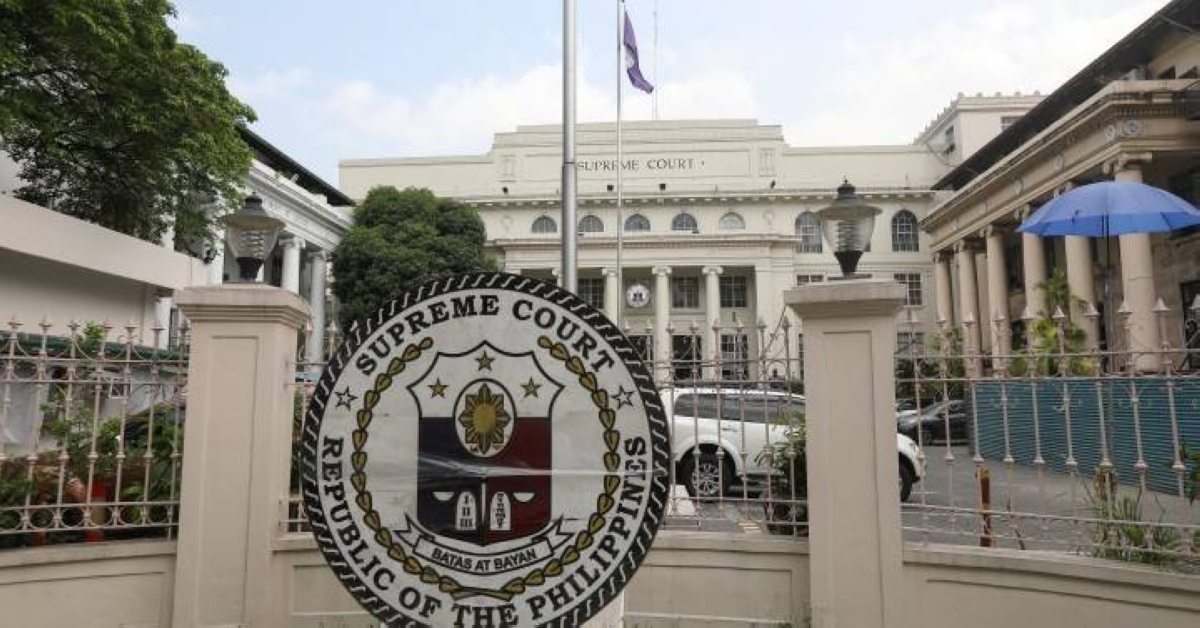The Supreme Court has made a groundbreaking ruling that holds employers accountable for unpaid salary and damages to employees who have been victims of sexual harassment in the workplace. This decision emphasizes the importance of preventing and addressing sexual harassment, as well as providing procedures for resolution or prosecution.
In a decision authored by Associate Justice Jhosep Lopez, the Second Division of the high court affirmed the findings of the Court of Appeals (CA) regarding a sexual harassment case involving Xerox Business Services Philippines Inc. The court ruled that Xerox Business constructively dismissed an employee in relation to the sexual harassment incident.
The complainant, who was hired as a Customer Care Senior Specialist by Xerox Business in 2014, experienced sexual harassment by Nilo dela Peña, her assigned team leader, while at the office in March 2015. In response, she filed a complaint before the Labor Arbiter against Xerox Business, its human resources manager, and dela Peña, seeking payment for unpaid salary and damages.
The Labor Arbiter ruled in favor of the complainant, holding Xerox Business liable for constructive dismissal due to its failure to establish a Committee on Decorum and Investigation and investigate the incident. The arbiter ordered Xerox Business to pay the complainant P100,000 in moral damages, P50,000 in exemplary damages, and three days’ worth of salary amounting to P2,630.58.
The National Labor Relations Commission (NLRC) upheld the Labor Arbiter’s finding of constructive dismissal but increased the amount of moral and exemplary damages to P500,000. However, the CA modified the NLRC’s ruling, reducing the award of moral damages to P100,000 and exemplary damages to P50,000. The CA explained that these damages are not meant to enrich the employee but rather to compensate for the suffering caused and to serve the public good.
The complainant subsequently filed a petition for review before the Supreme Court, which ultimately denied the petition. The high court recognized the consistent findings of the Labor Arbiter, NLRC, and CA that the complainant had experienced a hostile, offensive, and intimidating work environment created by Xerox Business, leading to her constructive dismissal.
The Supreme Court reiterated that in cases of sexual harassment, constructive dismissal occurs when an employee is sexually harassed by a superior who fails to promptly and sensitively address the complaint. However, the court did not support the complainant’s claim for separation pay and back wages, as she did not resign from her position despite the hostile work environment.
Additionally, the Supreme Court noted that there were no allegations of demotion or loss of pay and benefits in the case records. Therefore, there was no economic loss that would justify the payment of separation benefits and back wages.
Nevertheless, the Supreme Court affirmed the factual findings of the Labor Arbiter and NLRC that Xerox Business failed in its duty to prevent or deter acts of sexual harassment and provide procedures for resolution, settlement, or prosecution, as mandated by the “Anti-Sexual Harassment Act of 1995” (Republic Act 7877). Consequently, the court upheld the ruling that Xerox Business was jointly liable with dela Peña for damages resulting from the acts of sexual harassment.
In agreement with the CA’s modification of the damages awarded, the Supreme Court ruled that reducing the amount of damages was reasonable, considering their purpose to compensate the injured party and promote the public good.
This landmark Supreme Court ruling sends a powerful message to employers, emphasizing the importance of preventing sexual harassment in the workplace and providing appropriate procedures for resolution. It serves as a reminder that employers must take proactive measures to create a safe and respectful work environment for all employees.







